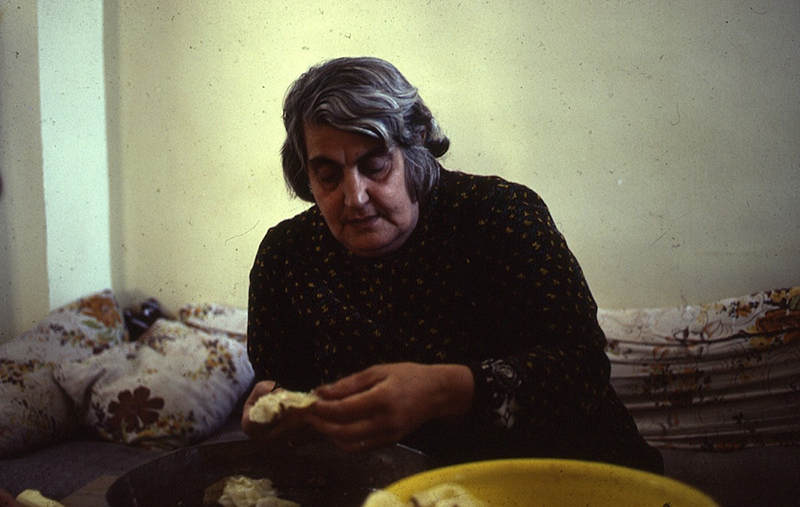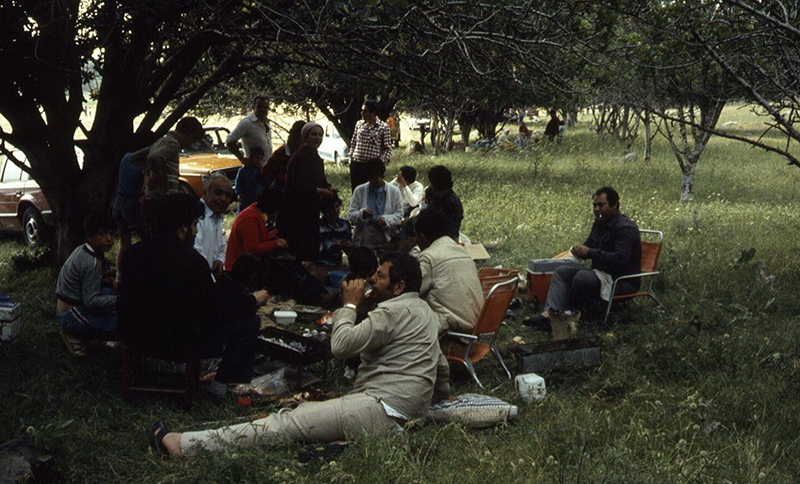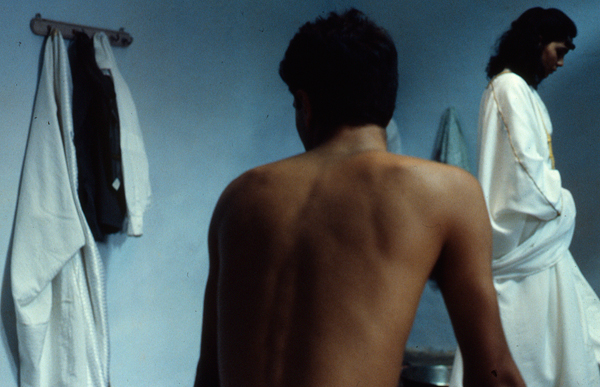The first Palestinian film to appear at the Cannes Film Festival, where it won the 1987 International Critics’ Prize, was Wedding in Galilee. It tells the story of Abu Adil, the mayor of a Galilean village, who is determined to celebrate his son’s wedding with all the traditional Palestinian fanfare. The village is under curfew imposed by the Israeli military, which means that Abu Adil also must invite the military governor...
“For Wedding in Galilee, the idea came to me through the story of a quack doctor who was faced with a newly wed couple unable to make love on their wedding night, creating unbearable tension in a village. From this idea, I wrote a modern tragedy in which two ‘gods’ confront each other, representing two systems, military and modern, one of the Israeli military governor and the other of the patriarchal and archaic authority of the Palestinian Mukhtar, or mayor of the village. As each tries to pull destiny his way, it is the fate of the people of the village that is at stake. The question is: who will win? In this film, for which I also wrote the script, I wanted to erase the boundaries between fiction and reality. The characters came from my imagination but they were played by non-professionals who had been chosen for their fictive resemblance to the scenario’s characters. Here, I was interested in the theme of joyfulness and resilience under occupation.” (Michel Khleifi )


